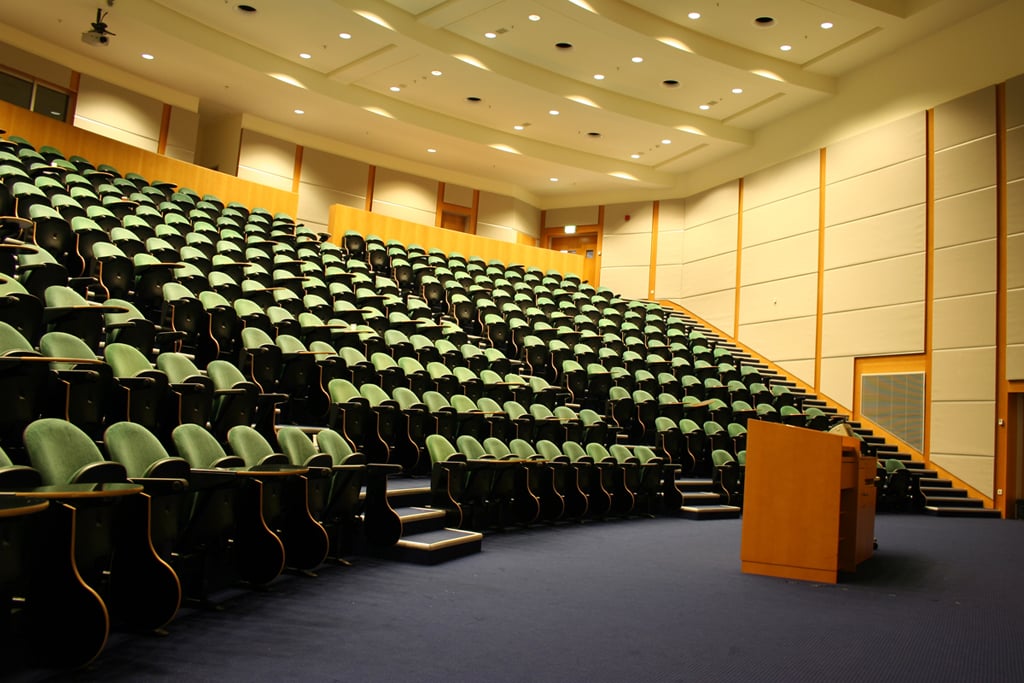
ISLAMABAD:
Commerce was at the heart of the formation of various European “East India companies” that approached India in the 16th and 17th centuries.
The exposition of these ideas was at the heart of the School of Modern History and Philosophy’s latest lecture, which was conducted at the Friedrich-Ebert-Stiftung office on Saturday.
Renowned intellectual and writer Ashfaq Saleem Mirza, who delivers the fortnightly lectures, said the foundation of the East India companies were an expression of the “great national desire for commerce.”

Mirza explained the tussle between European powers over sea routes to the outside world. He said the British eventually prevailed over other regional colonial powers because of their naval supremacy. He said by 1615, the British had already established around 20 posts of the British East India Company in India.
Participants who attended the lecture discussed the response of the Mughal kings, who ruled India at the time the Europeans first arrived in the subcontinent, who never really kept the European traders in check.
They said the British were allowed to amass military power inside India due to the lax response from them and that the lack of a Mughal navy aided British dominance.
Before launching into the account of the various East India companies, Mirza spent some time talking about 15th century Portuguese explorer Vasco da Gama — the first European to reach India by sea. Gama’s discovery of the sea route initiated the spice trade from India to Europe which was dominated by the Portuguese for a while but piqued the interest of other nations.
Mirza said most of the European nations were interested in India around the 16th and 17th centuries because of spices and other exotic imports, but these nations also had to contend with regional rivals for the same routes.
Mirza added that it is sometimes difficult to ascertain the veracity of historical accounts. He said every nation claims to have firsts, but these claims are often exaggerated.
Published in The Express Tribune, September 21st, 2013.
COMMENTS (1)
Comments are moderated and generally will be posted if they are on-topic and not abusive.
For more information, please see our Comments FAQ


































































The British were returning to their ancestral home which they occupied four thousand years ago.The Bay of Bengal being the Cradle of English Civilization from which they migrated into the Mid East and Africa.This civilization was destroyed in the flood recorded in Christian history at that time the Indian sub-continent and Indian Ocean was as significant to the civilize world as the UK and the Atlantic Ocean now is.